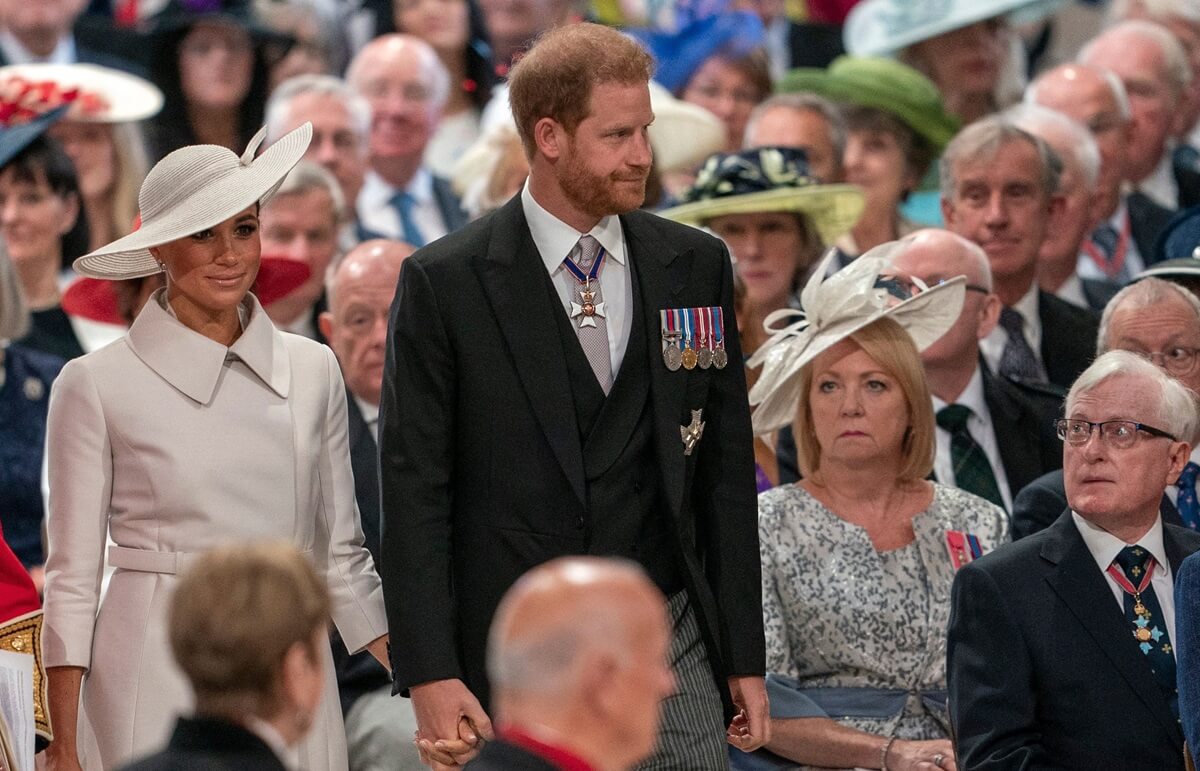Prince Harry has been subjected to “unlawful and unfair treatment” by the British government over the decision to take away his police protection when he is in Britain, his lawyer told London’s High Court on Tuesday.
Harry, along with other senior royals, had received full security protection provided by the state before he decided to step back from his royal duties and move to California with his American wife Meghan in 2020.
But the Home Office — the ministry responsible for policing, immigration and security — decided in February that year that Harry would cease to automatically receive personal police security while in Britain even if he were to cover the cost himself.
The younger son of King Charles was given permission last year to challenge that decision.
Shaheed Fatima, the lawyer for Harry – who was not in court, said he had been subjected to unlawful and unfair treatment.
“This case is about the right to security and safety of a person,” she said. “There cannot be a right of greater importance to any of us.”
She said the Executive Committee for the Protection of Royalty and Public Figures, known as RAVEC, had not followed its own policy or treated Harry as it treated other figures. It had also failed to tell him why it had made its decision.
Harry’s “consistent position has been – and remains – that he should be given state security in light of the threats/risks he faces,” she said in her written submission.
The government’s lawyer James Eadie said Harry had been treated in a “bespoke” manner, and would “occasionally” be included within the cohort of individuals receiving protection.
“RAVEC does consider (Harry’s) position when he comes to GB,” he said in a written submission. “That does not mean he should be considered in the same way as he would be if he were resident in GB at all times.”
The judge, Peter Lane, has ruled that only the opening statements in the case could be held in public, with the vast bulk of the hearings over two and a half days held in private to prevent security measures being compromised.
In May, the High Court ruled against Harry after he challenged the government’s refusal to let him pay for his own police protection.
Lawyers for the police and the government successfully argued it would be wrong to allow the fifth-in-line to the throne to pay, as it would mean wealthy individuals were able to “buy” specially trained officers to act as private bodyguards.
The prince has often spoken out about his fears for the safety of his family, and has regularly hit out at press intrusion which he blames for the death of his mother Princess Diana, who was killed when her limousine crashed as it sped away from chasing paparazzi in Paris in 1997.
In May, Harry’s spokesperson said the prince, his wife Meghan and her mother were involved in a “near catastrophic” car chase with photographers after an awards ceremony in New York.
Last year, Britain’s former counter-terrorism police chief said there had been credible threats made against the couple by far-right extremists. Reuters


